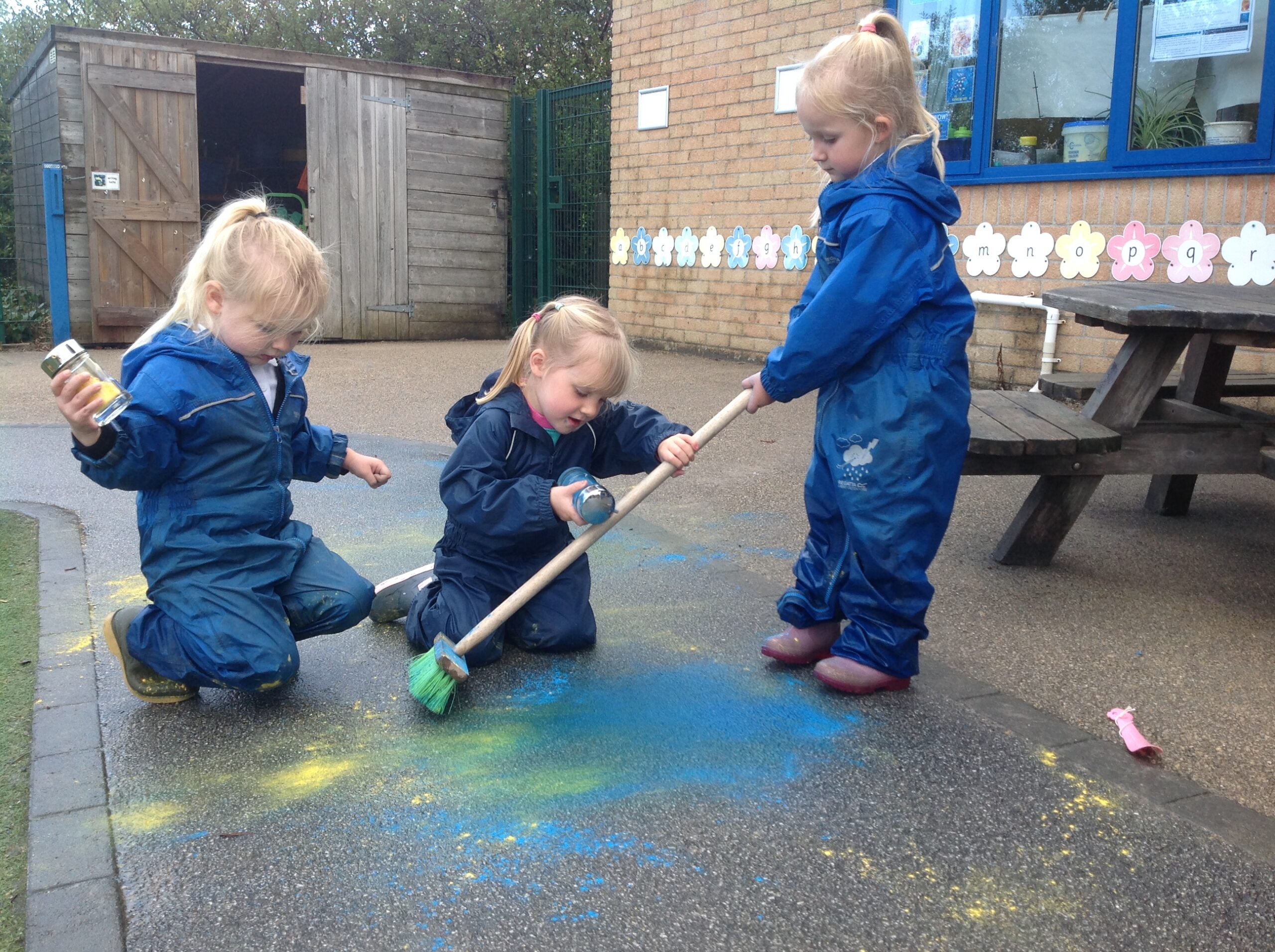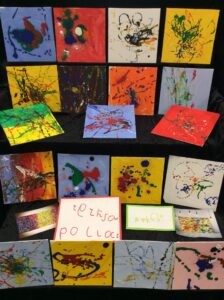Nursery

Nursery Manager: Miss Booth
Contact Email: pennowetheyfs@croftymat.org
Pennoweth Nursery is part of the Early Years Foundation Stage (EYFS) within Pennoweth School. We work closely together with our two reception classes and share a fantastic outdoor learning environment.
We are proud of the achievements our children make during their first steps in education, and it is a joy to see them settle in to school life with enthusiasm.
The Early Years Foundation Stage (EYFS)
“Children learn as they play. Most importantly, in play children learn how to learn.” – O. Fred Donaldson
“Children need the freedom and time to play. Play is not a luxury. Play is a necessity.” -Kay Redfield Jamison
Here at Pennoweth we believe play is essential for children’s development, to support building their confidence as they learn to explore, relate to others, set their own goals and solve problems.
Children learn by leading their own play, and by taking part in play which is guided by adults. This is why we plan a diverse play-based curriculum with free-flow opportunities as well as some small group work.
As staff we strive to stimulate the children’s interests, responding to each child’s emerging needs and guiding their development through warm, positive interactions coupled with secure routines for play and learning.
To support the children to be active learners we set up the nursery learning environment both inside and outside with resources that children can easily access, promoting rich and stimulating experiences, that children are excited to engage with.
Every half-term there is a new topic which is carefully planned to encourage engagement, motivation and thinking for the children. These topics are a staring point and the children’s interests decide on which path we follow to extend their learning. The topic usually begins with an educational visit or experience in school. The reason for this is to excite and inspire the children, whilst providing a real experience where children can see, make, handle artefacts, gather information and take part in role-play, in order to learn and understand as much as possible. These visits also help the child with their understanding and will deepen and broaden their learning across the curriculum.
Each topic reaches its conclusion with a memorable event. This can take many forms including an art exhibition, or a story show. These are designed to showcase the learning that has taken place and the curriculum skills they have learned. Where possible, we invite parent and carers to join in the celebration and share their children’s learning journey.
Topic example: How many colours in the rainbow?
We started this topic with a big art day, where the children had the day to explore paint outside.
They had many different resources and surfaces to paint on, free opportunities to mix colours and try different techniques.
The excitement showed in their conversations they had with each other and staff about what they see and thoughts they had about what might happen. As children made new colours they were excited to show friends.
We shared the story Elmer and the Rainbow By David McKee, which lead to our Question – How many colours in the rainbow?
This took us on all sorts of journeys including:
– Learning new words like indigo and violet.
– Monitoring the weather waiting for rainbows.
– Spraying water to make rainbows.
– Making fruit kebabs.
– Looking at healthy and unhealthy foods.
– Learning the story Brown Bear Brown Bear off by heart.
– Science experiments with filter paper and felt tips.
Our topic came to end with all the children a painting on a canvas in the style of Jackson Pollock, who had been our focus artist of the topic. Choosing the creative technique they had enjoyed the most whilst exploring in our creative area.
The Principles guiding our Provision
Our teaching is based on the Characteristics of Effective Learning:
playing and exploring – children investigate and experience things, and ‘have a go’
active learning – children concentrate and keep on trying if they encounter difficulties, and enjoy achievements
creating and thinking critically – children have and develop their own ideas, make links between ideas, and develop strategies for doing things
As staff we strive to promote these ideas in our everyday practice, through supportive role modelling and providing all children with challenges that inspire them.
Learning and Development
There are seven areas of learning and development that shape our educational programme in nursery. All areas of learning and development are important and inter-connected. Together these make up the skills, knowledge and experiences appropriate for children as they grow, learn and develop.
They are split in to prime and specific areas. The Prime areas are fundamental to learning, they work together and move through to support development in all other areas.
The Specific areas include essential skills and knowledge for children to participate successfully in society.
These are the prime areas:
• communication and language
• physical development
• personal, social and emotional development
The specific areas are:
• literacy
• mathematics
• understanding the world
• expressive arts and design.
Please use the links below to view the government documents we use to guide our nursery provision.
Statutory Framework
Development Matters
Tapestry
In order to capture and keep a record of our children’s learning, investigations and development we use Tapestry.
This is a secure online learning journal that allows staff and parents/carers to record photos, observations and comments that celebrate learning and the children’s achievements, in line with the statutory framework.
This system allows us to work with parents and carers to share information and record the children’s play and learning in and outside of the classroom.

